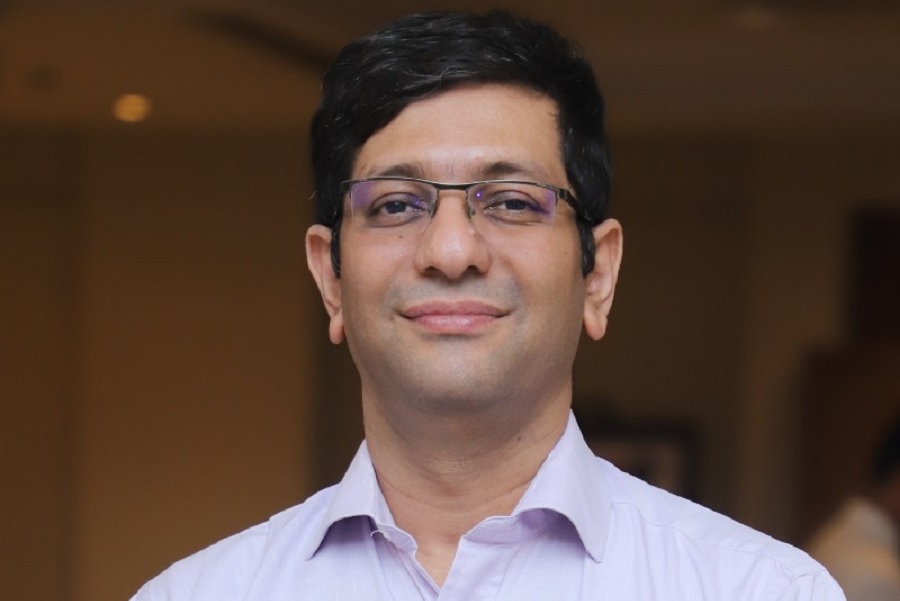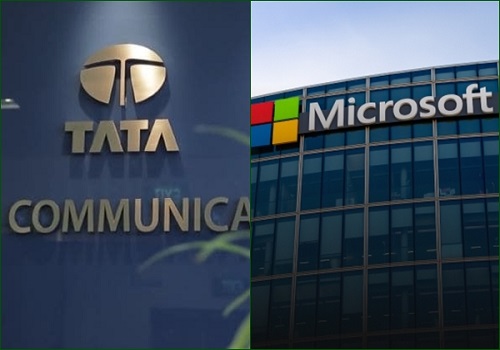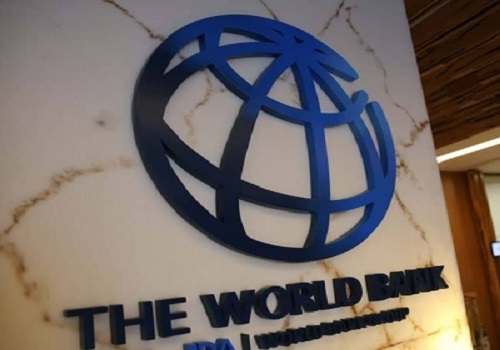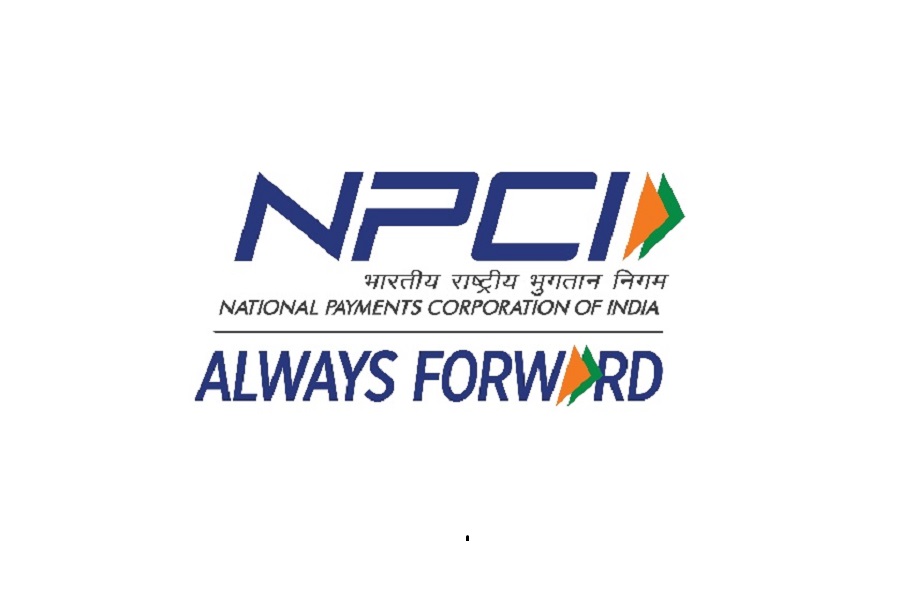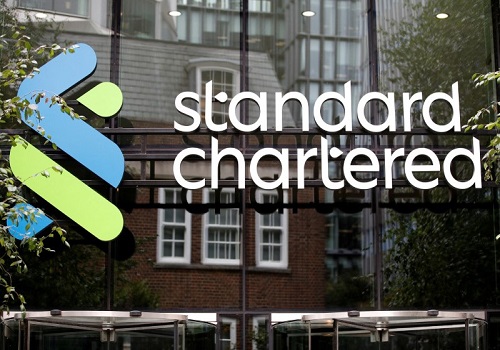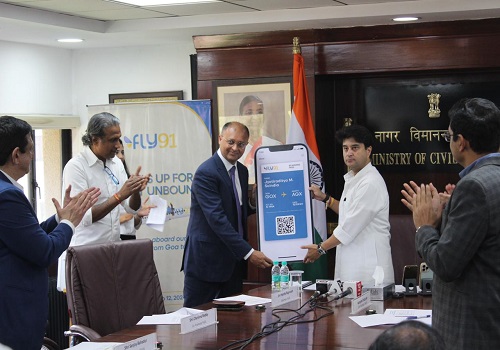The best is yet to come in the US-India partnership, US Ambassador Eric Garcetti says at O P Jindal Global University
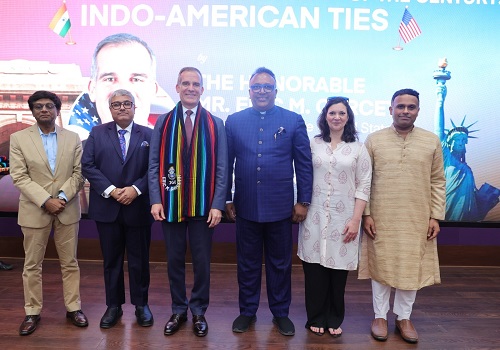
The Jindal School of International Affairs, the Jindal India Institute, and the Jindal Global Centre for G20 Studies jointly hosted Eric M. Garcetti, Ambassador of the US to India, on the campus of O. P. Jindal Global University in Sonipat. Ambassador Garcetti delivered a distinguished public lecture on the theme ‘The Most Consequential Relationship of the Century: Indo-American Ties’ to an audience of more than 200 students and faculty members.
Against the backdrop of deepening and broadening US-India relations, which are drawing global attention, this lecture held profound significance. Ambassador Garcetti's perspective on Indo-American ties transcended diplomatic cliches and delved into shared aspirations and the collective pursuit of a world characterised by '4 Ps' - peace, prosperity, planet, and people.
Ambassador Garcetti also narrated personal memories of magical moments he experienced during his visits to India since childhood. He said he had a deep emotional connection with India for decades and remarked that "India never left my soul".
He mentioned that US President Joe Biden had told him that India "was the most important country in the world" and that Washington's ties with New Delhi were "the most consequential" for shaping the world order in the 21st century.
Ambassador Garcetti termed the ties between the US and India as "not an additive relationship but a multiplicative relationship" between the world's two largest democracies, underscored by a robust exchange in education, trade, and the joint venture of envisioning a green energy future. During the interactive session that followed, the audience engaged the Ambassador on a diverse array of topics spanning domestic politics in India, racial discrimination in the US, regional security dynamics in the Indo-Pacific, the role of Artificial Intelligence and critical and emerging technologies in the US-India strategic partnership, and the potential of multilateral groupings like Quad being expanded or extended to include more countries.
On controversies regarding comments made by the US about internal developments in India, Ambassador Garcetti said that the US is a unique democracy where every branch of government, the news media and civil society has its own views and opinions about different countries. These opinions are frequently aired publicly as part of the open American political system. At the same time, the US is ready to also take criticism from other countries as part of this liberal ethos. Ambassador Garcetti praised India for organising the upcoming mammoth general elections with nearly one billion voters in the electorate and said that "the US has something to learn from India" in how to improve its electoral practices and procedures.
On the question of Arunachal Pradesh being an integral part of India, the Ambassador was categorical that China has no business in renaming places that are part of India’s sovereign territory. He reiterated that the US fully supports India's sovereignty and that the defence cooperation between the two partners is reaching unprecedented levels to deter aggressive authoritarian rival countries. He said that as two democracies, the US and India thought and felt alike about the threat posed by dictatorial regimes like that of China and that the convergence of values was the key factor driving Washington and New Delhi closer.
Speaking on this occasion, b, remarked, "We owe a tremendous intellectual debt to American universities for their open and generous support and capacity building of Indian higher education institutions. The way US universities have attained the highest standards in the world and solved the most intractable problems facing humanity is worth learning from and emulating for Indian academia. Education is going to be a transformative driving factor in the US-India partnership."
The Dean of the Jindal School of International Affairs, Dr. Sreeram Chaulia, who was also present at the event, cited Ambassador Garcetti’s view that the US-India partnership had presently only reached the point of being "midway up the mountain" and referred to the limitless possibilities that lay ahead.
Chaulia echoed External Affairs Minister S. Jaishankar's comments that "you ain't seen anything yet" in the US-India friendship and pointed to the fact that "the two countries were jointly combating shared adversaries and remaking the Indo-Pacific in a way that only allies do."
While the US and India are not formal allies, many of the domains of bilateral cooperation are “going in the direction of a de facto alliance-like friendship."
Owing to this level of close intimacy, it is not uncommon that the US and India disagree on some matters. But "the basic fundamentals of the relationship are so strong that such disagreements and differences in assessment should not be exaggerated", Chaulia concluded.








